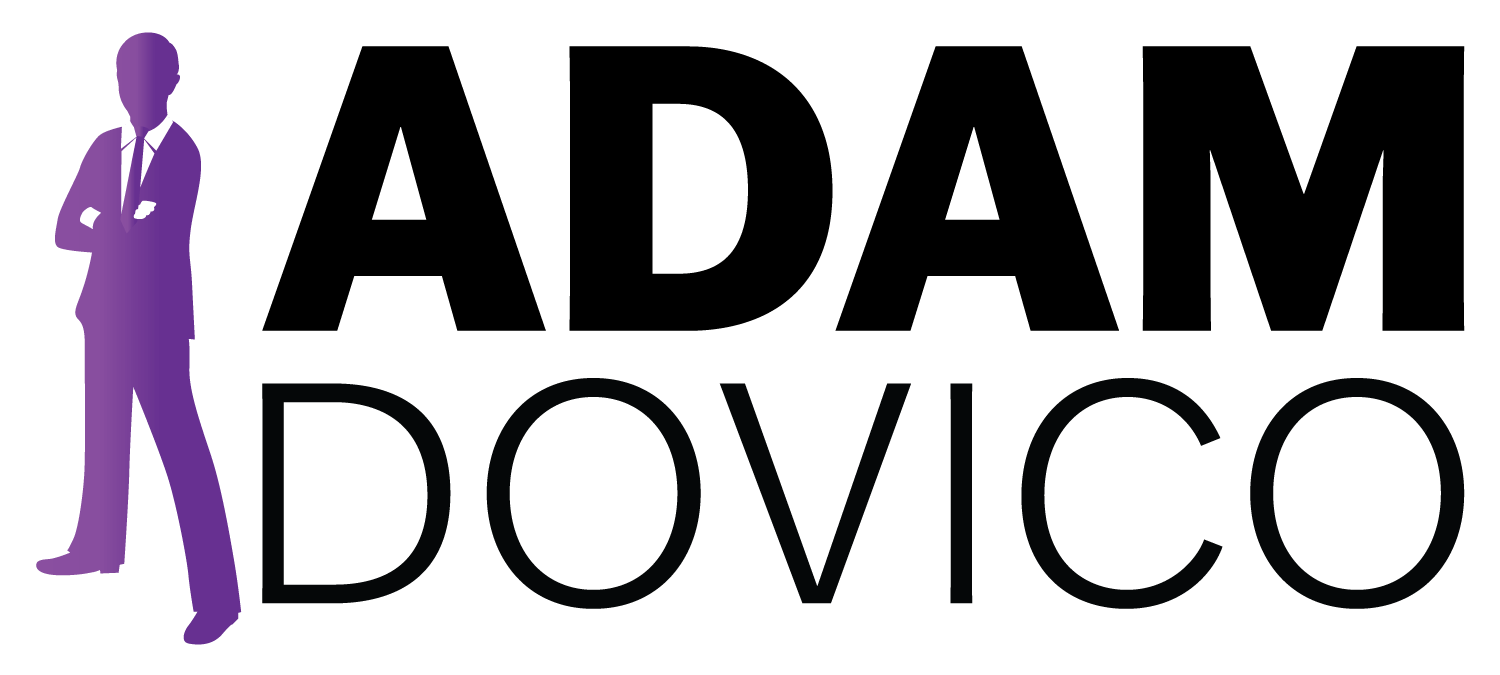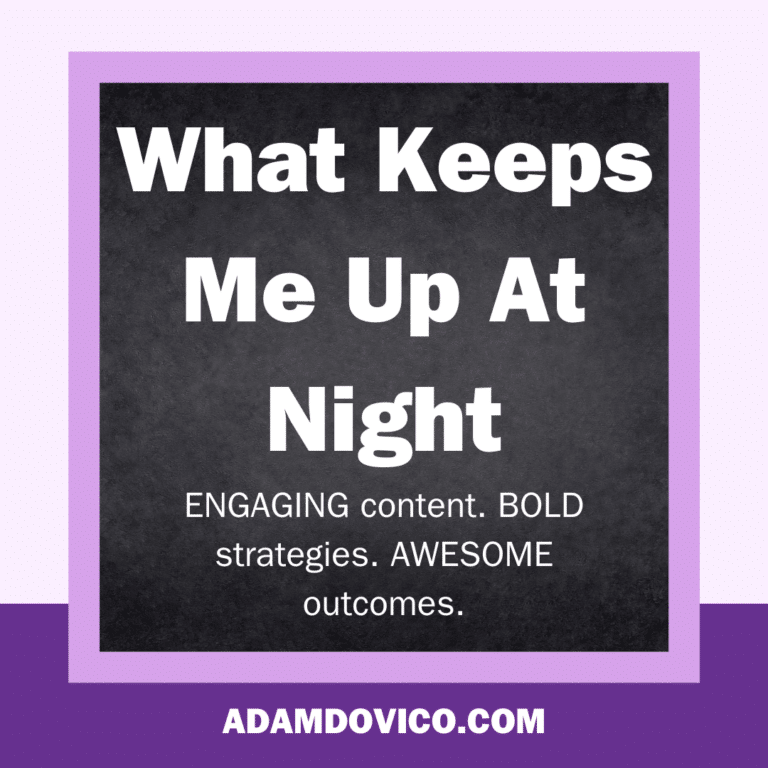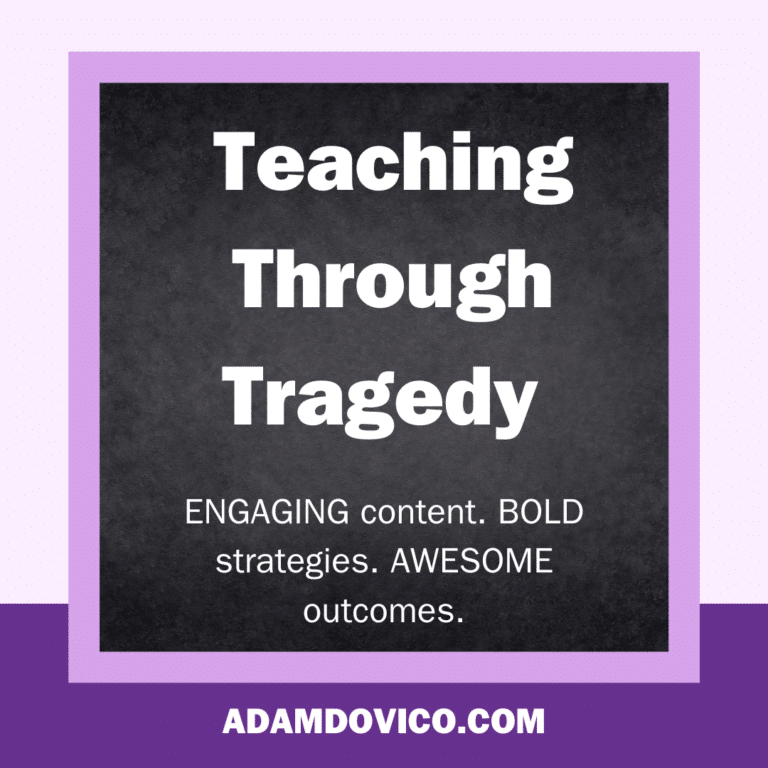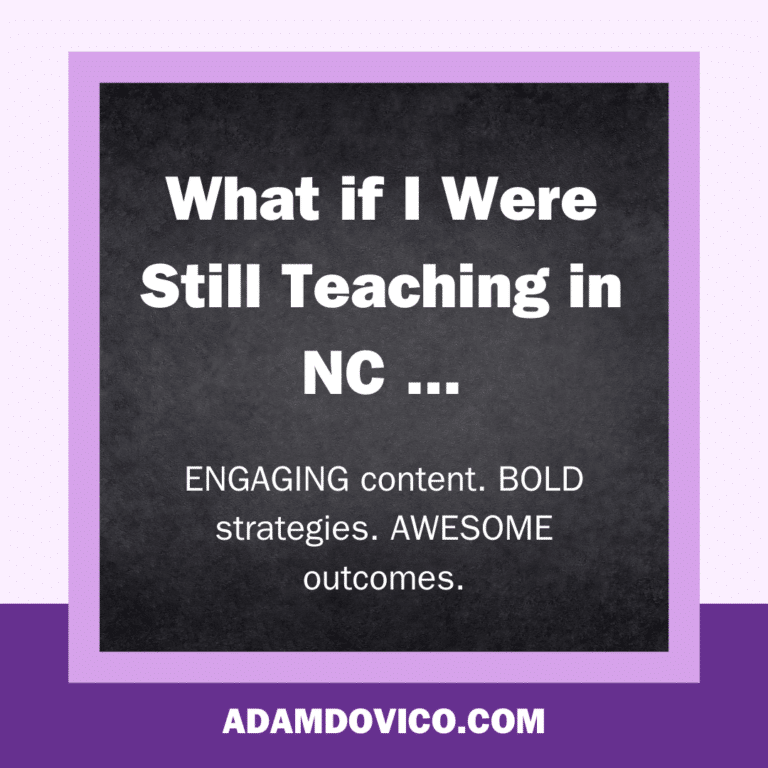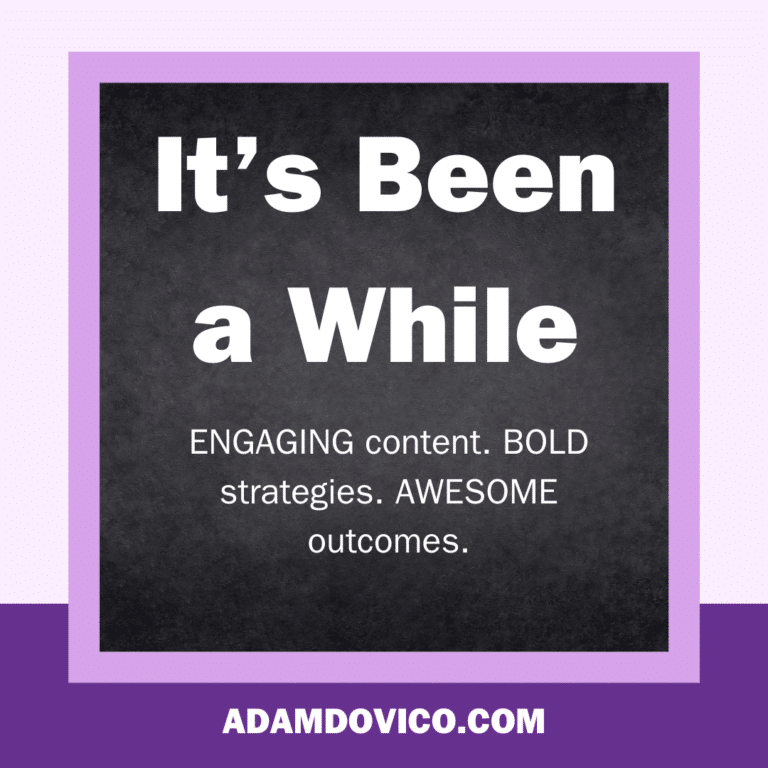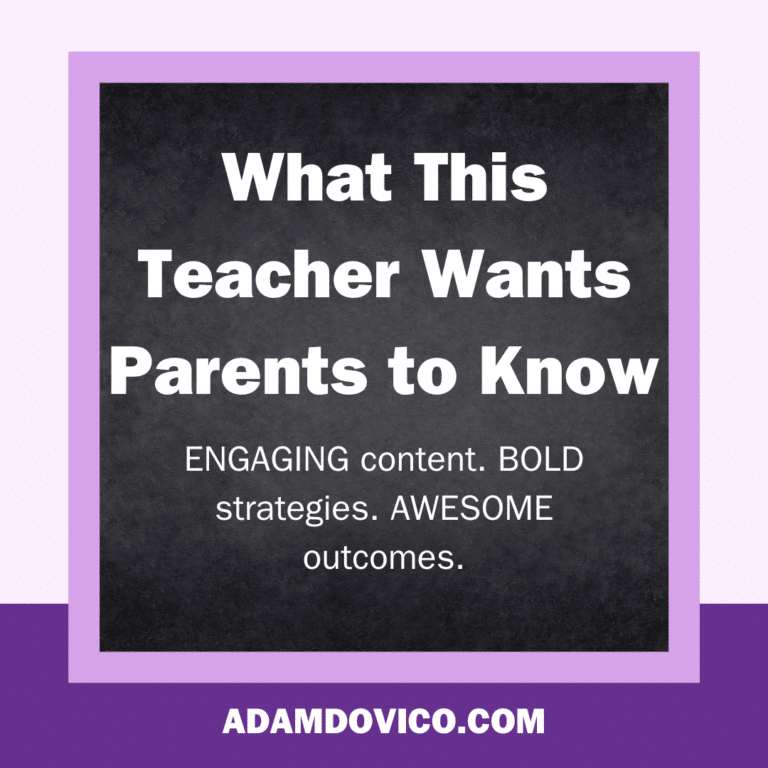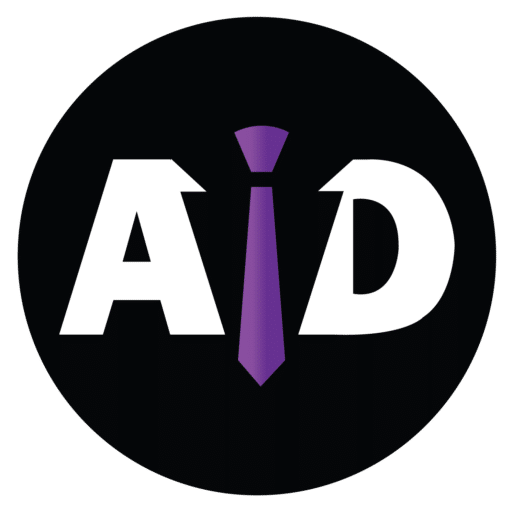Imposter Syndrome After All These Years
Imposter syndrome: an uncomfortable feeling one experiences when doubting your own skills and accomplishments, and a feeling that you are not as worthy as others.
After over two decades in education, fifteen years doing professional development, two masters degrees, National Board Certification, a doctorate, three books, and thousands of workshops and keynotes, I still struggle with accepting that I have any right sharing with other educators.
I know that I am not alone in this, as many educators, especially those who have been given the opportunity to speak in front of others, feel similarly. I often wonder why this happens. Imposter syndrome is not considered an official mental health diagnosis, but it certainly impacts many facets of your well-being.
Personally, the self-doubt that creeps in each time I do a speech is wearing. I am constantly asking myself “Do I deserve to even be up here?” and “I really hope I just didn’t waste all of their time.” I feel like there are better, more experienced, more engaging speakers that I watch every time I attend a conference or professional development.
I can also receive dozens of positive comments and have conversations with people who enjoyed my speeches, but when there is one negative comment (even when they are productive), what do I tend to harp on? The self-expectation of perfection is ever-present, and it’s felt whole-heartedly in those moments.
I’ve learned to mask this over the years with a confident demeanor. I’ve looked at what peers are doing and attempted to mimic them. Ironically, I wonder how many of them are doing the same inside?
I don’t share this to get sympathy or praise, but rather to let you know that you’re not alone if you also feel this way. We all have moments where we feel like we don’t belong in the circle, or haven’t earned our way to a spot. I have found that it is helpful to accept that success is subjective, and I can define success how I want. I also have the ability to set my own goals and then put the work in to achieve them. Most importantly, I’m learning to embrace authenticity and acknowledging my strengths and vulnerabilities.
